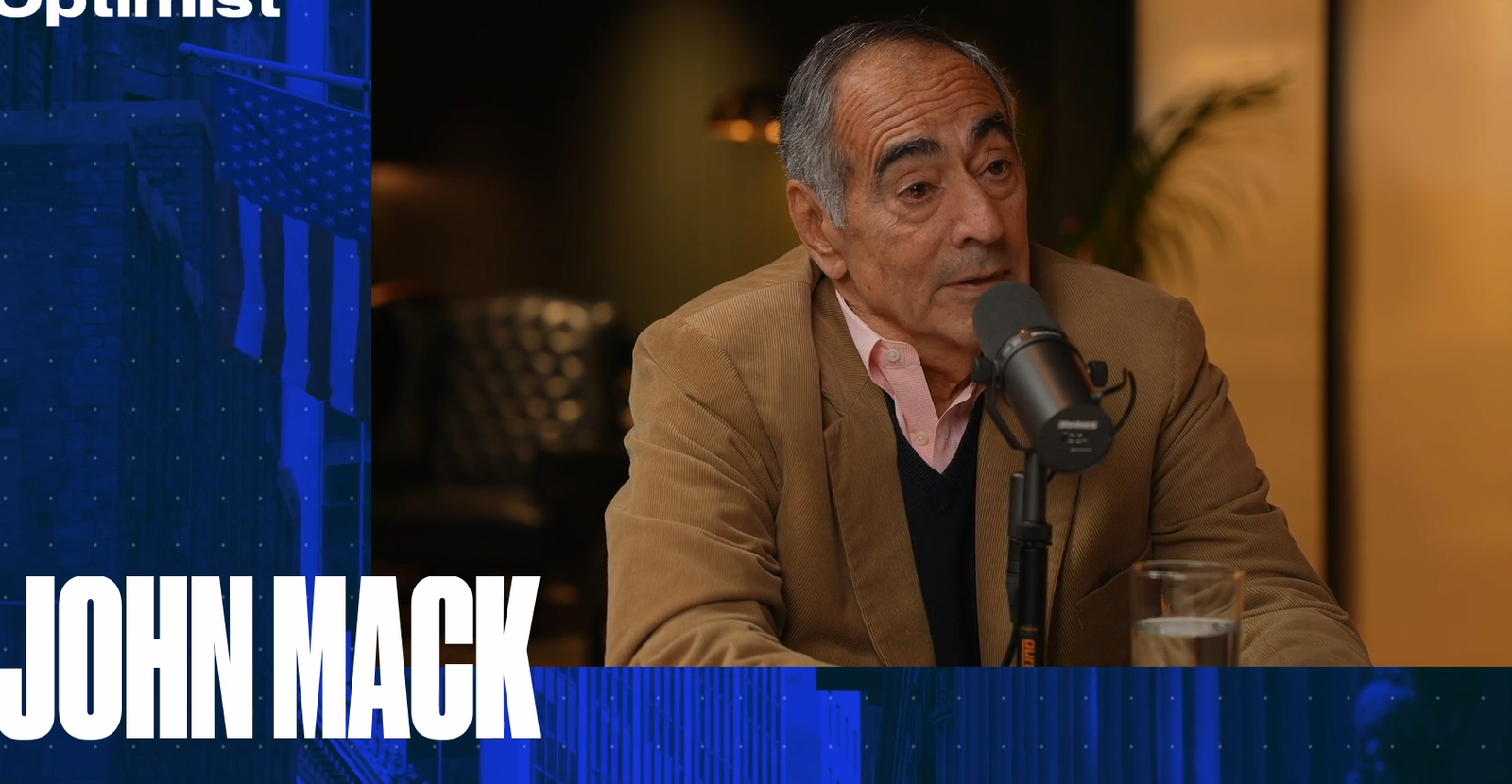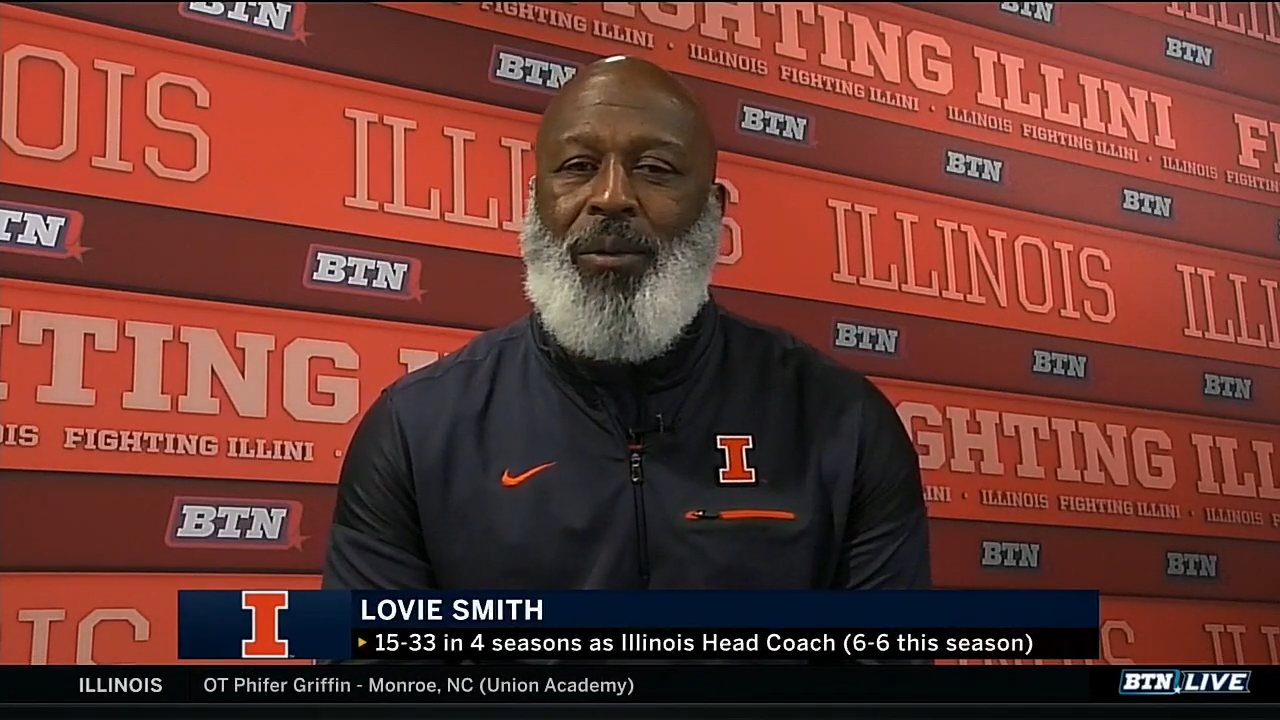Introduction
John J. Mack is a name that resonates deeply within the financial world. A seasoned banker and a transformative leader, he played a crucial role in shaping Morgan Stanley and navigating the firm through turbulent times. Known for his resilience, strategic decision-making, and bold leadership, Mack became a central figure in the 2008 financial crisis, ensuring the survival and stability of one of the world’s largest financial institutions.
This article delves into his early life, career achievements, leadership style, and lasting impact on Wall Street.
Quick Facts About John J. Mack
- 📌 Full Name: John James Mack
- 📌 Born: November 17, 1944 (Age: 80 as of 2025)
- 📌 Nationality: American
- 📌 Ethnicity: Lebanese descent
- 📌 Net Worth: Estimated at $200 million
- 📌 Education: Duke University, Bachelor of Arts in History (1968)
Early Life and Education
John J. Mack was born on November 17, 1944, in Mooresville, North Carolina, into a family of Lebanese immigrants. His upbringing in a hardworking, entrepreneurial household instilled in him values of perseverance and integrity.
Quick Fact
📌 Mack’s father ran a wholesale grocery business, teaching him early lessons in leadership and financial discipline.
Mack attended Duke University on a football scholarship, where he played as a linebacker. However, his athletic career was cut short due to a serious spinal injury. This setback led him to explore new career paths, ultimately steering him toward the world of finance. He graduated in 1968 with a Bachelor of Arts in History.
Career Beginnings at Morgan Stanley
Mack joined Morgan Stanley in 1972 as a bond salesman. His exceptional performance and keen understanding of financial markets allowed him to climb the corporate ladder quickly. By the mid-1980s, he was leading the firm’s Worldwide Taxable Fixed Income Division.
Key Achievements During Early Career
✅ Expanded Morgan Stanley’s fixed-income business.
✅ Played a pivotal role in establishing the firm’s dominance in bond trading.
✅ Developed a strong leadership presence within the organization.
His success in managing risk and driving profitability earned him the role of President and Chief Operating Officer in 1993. He continued in this position after the 1997 merger between Morgan Stanley and Dean Witter, but tensions over corporate strategy led to his departure in 2001.
Revamping Credit Suisse
In 2001, Mack took on a new challenge as the CEO of Credit Suisse First Boston (CSFB). At the time, the firm was struggling with financial instability and operational inefficiencies.
His Major Contributions at CSFB
✅ Implemented cost-cutting measures that saved billions.
✅ Focused on strengthening investment banking and asset management.
✅ Rebuilt investor confidence in the firm.
Under Mack’s leadership, Credit Suisse underwent significant restructuring, which set the foundation for its improved financial performance in the following years.
The Return to Morgan Stanley
In 2005, Mack made a dramatic return to Morgan Stanley as Chairman and CEO, following internal disputes over the previous leadership’s direction. His second tenure at the firm was marked by decisive actions and a focus on stabilizing the company during an unpredictable financial landscape.
Leadership During the 2008 Financial Crisis
John J. Mack’s leadership was tested to its limits during the 2008 financial crisis. As financial institutions crumbled under the weight of subprime mortgage losses, Morgan Stanley faced immense pressure.
Key Strategies Mack Used to Save Morgan Stanley
✅ Secured a $9 billion investment from Mitsubishi UFJ Financial Group.
✅ Restructured business operations to mitigate further risks.
✅ Led negotiations with the U.S. government to ensure financial stability.
Mack’s ability to make swift and strategic decisions played a crucial role in preventing Morgan Stanley from facing the same fate as Lehman Brothers. His actions not only saved the firm but also restored market confidence.
Leadership Style and Philosophy
Mack is known for his bold decision-making, resilience under pressure, and ability to drive organizational change. He has often emphasized the importance of strong leadership, integrity, and adaptability in business.
Core Principles of His Leadership
📌 Decisiveness in crisis situations.
📌 Commitment to ethical business practices.
📌 Focus on innovation and adaptability in the financial industry.
Life After Morgan Stanley
Mack retired as CEO of Morgan Stanley in 2010 and stepped down as Chairman in 2011. However, he remained active in the financial sector, serving as a senior advisor at Kohlberg Kravis Roberts and as a board member for New Fortress Energy.
In 2022, he published his memoir, Up Close and All In: Life Lessons from a Wall Street Warrior, in which he shared insights from his decades-long career.
Legacy and Impact on Wall Street
John J. Mack’s legacy is one of resilience, transformation, and strategic leadership. His influence on Morgan Stanley and the broader financial industry remains significant.
Key Takeaways from His Career
✅ Demonstrated exceptional crisis management skills.
✅ Reinforced the importance of ethical leadership in finance.
✅ Played a vital role in shaping modern investment banking.
Conclusion
John J. Mack is more than just a former CEO—he is a Wall Street legend whose leadership decisions shaped the financial world. His story is one of perseverance, adaptability, and unwavering commitment to excellence. Whether through his work at Morgan Stanley, Credit Suisse, or beyond, Mack’s impact continues to be felt in the world of global finance.




